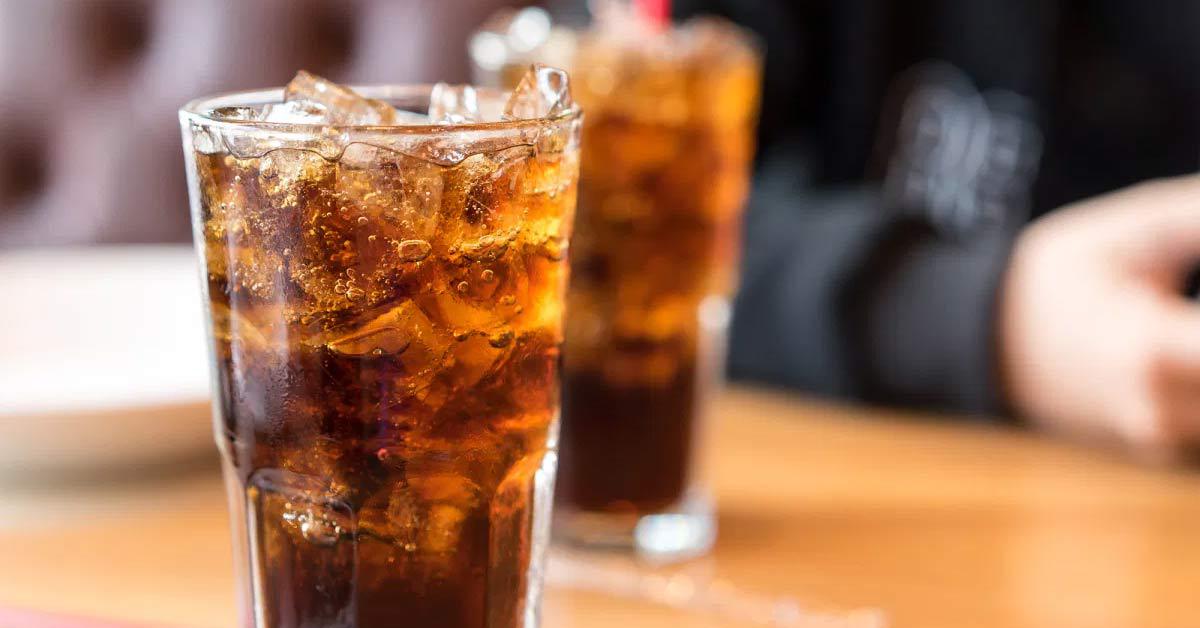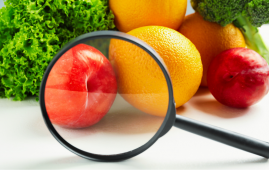

If you’ve had kidney stones, you know how painful they can be. They’re also really common: it’s estimated that one out of 11 people in the United States have had a kidney stone. Kidney stones are hard masses that build up in the kidneys. Kidney stones can range in size from a grain of sand to that of a golf ball. You’re more likely to get kidney stones if you:
- Are a man
- Are Caucasian
- Are between 20- and 60-years-old
- Have a family or personal history of stones
- Have a poor diet (high in salt, calcium, protein, oxalate or with low fluid intake),
- Have metabolic syndrome, inflammatory bowel disease (such as Crohn’s), or frequent UTIs.
Kidney Stone Symptoms
A stone in the kidney is generally asymptomatic. Symptoms tend to occur when the stone passes into the ureter, which causes an obstruction to the kidney. Sometimes kidney stones don’t have symptoms even when they are traveling in the ureter. Symptoms of kidney stones include:
- Pain in flank or abdomen
- Blood in the urine (hematuria)
- Nausea and vomiting
- Increase in urinary frequency and urgency
- Fever
A fever can indicate an infection. This may be an emergency. If you experience fever, make an appointment with your urologist.
Soda and Your Urological Health
Drinking soda affects your urinary system. Its main function is to remove toxins from the body. Hydration from water is critical for this process. Soda drinkers generally don’t drink enough water, and soda is not effective in keeping people hydrated.
In addition, a study conducted by the National Institutes of Health found that those who drank a soda every day had a 23 percent increase in the chance of forming kidney stones.
The link between drinking soda and developing kidney stones isn’t exactly clear. Researchers do know that phosphorus acidifies the urine. Phosphoric acid is a common ingredient in sodas, especially colas. One study cited by the American College of Physicians followed kidney stone patients. It found that those who agreed to stop drinking soda (specifically those that contain phosphoric acid) decreased their chance of developing further kidney stones by 15 percent.
These two studies emphasize the connection between soda, dehydration, and kidney stones.
How to Prevent Kidney Stones
The most common cause of kidney stones is dehydration. The best way to prevent them is to stay hydrated. The Mayo Clinic recommends adults drink between two and four liters of fluids daily, even for those who aren’t prone to kidney stones. If you exercise, live someplace hot and humid, or are pregnant or breastfeeding, you should drink more fluids.
What you drink is important to staying hydrated, too. Drink water, green tea, lemonade, or limeade. Lemonade is a great choice because fresh lemons have citrate, a kidney stone inhibitor. Drink mixes that have citric acid as a primary ingredient are good choices, too.
more recommended stories
 Texas Medical Board Releases Abortion Training for Physicians
Texas Medical Board Releases Abortion Training for PhysiciansKey Takeaways Texas Medical Board has.
 Safer Allogeneic Stem Cell Transplants with Treg Therapy
Safer Allogeneic Stem Cell Transplants with Treg TherapyA new preclinical study from the.
 Autoimmune Disorders: ADA2 as a Therapeutic Target
Autoimmune Disorders: ADA2 as a Therapeutic TargetAdenosine deaminase 2 (ADA2) has emerged.
 Kaempferol: A Breakthrough in Allergy Management
Kaempferol: A Breakthrough in Allergy ManagementKaempferol, a dietary flavonoid found in.
 Early Milk Cereal Drinks May Spur Infant Weight Gain
Early Milk Cereal Drinks May Spur Infant Weight GainNew research published in Acta Paediatrica.
 TaVNS: A Breakthrough for Chronic Insomnia Treatment
TaVNS: A Breakthrough for Chronic Insomnia TreatmentA recent study conducted by the.
 First-of-Its-Kind Gene-Edited Pig Kidney: Towana’s New Life
First-of-Its-Kind Gene-Edited Pig Kidney: Towana’s New LifeSurgeons at NYU Langone Health have.
 Just-in-Time Training Improves Success & Patient Safety
Just-in-Time Training Improves Success & Patient SafetyA study published in The BMJ.
 ChatGPT Excels in Medical Summaries, Lacks Field-Specific Relevance
ChatGPT Excels in Medical Summaries, Lacks Field-Specific RelevanceIn a recent study published in.
 Study finds automated decision minimizes high-risk medicine combinations in ICU patients
Study finds automated decision minimizes high-risk medicine combinations in ICU patientsA multicenter study coordinated by Amsterdam.

Leave a Comment